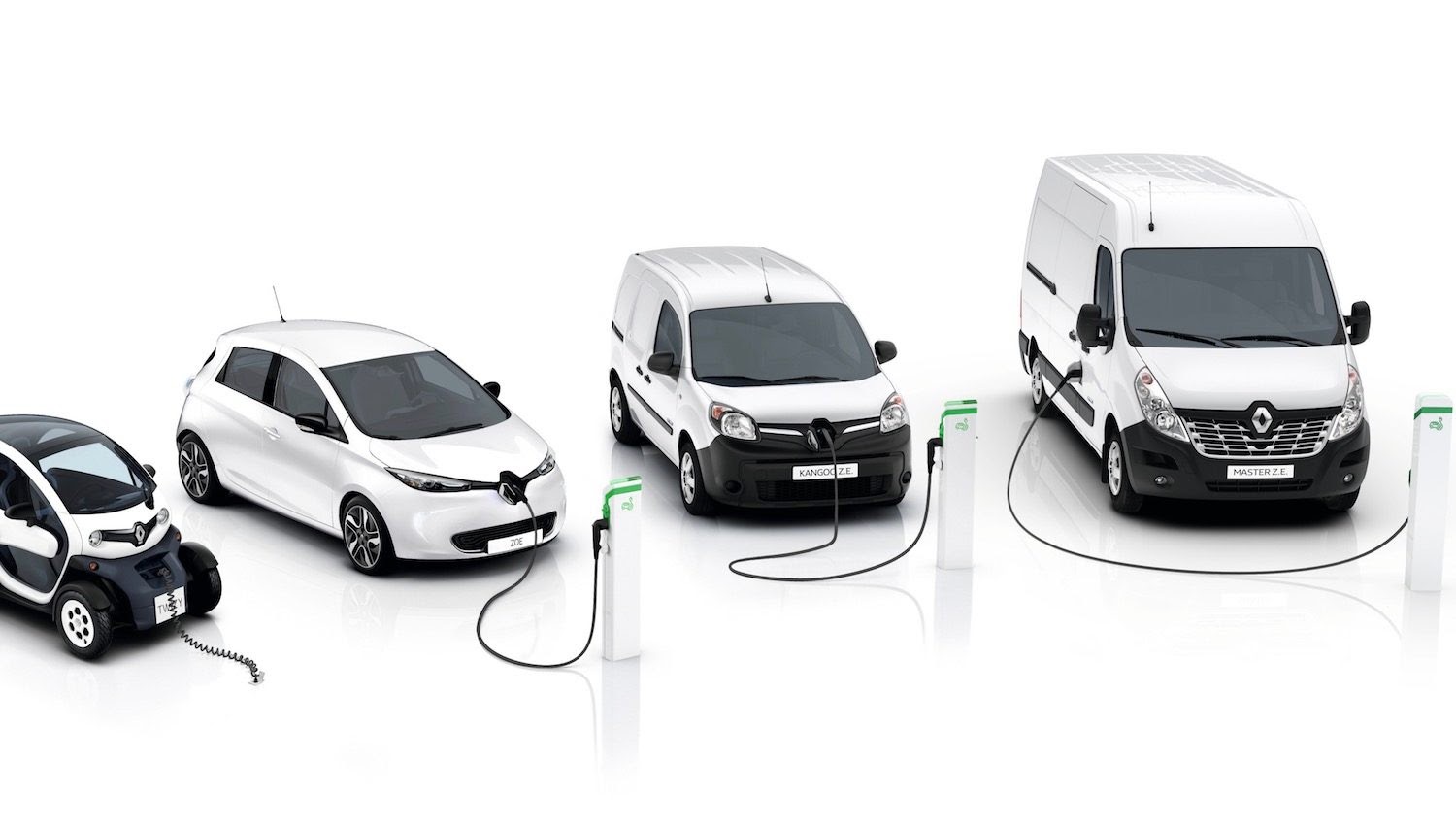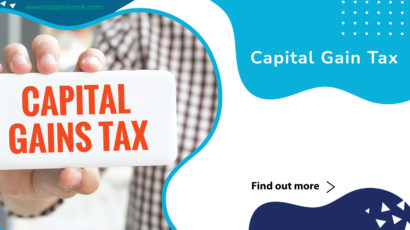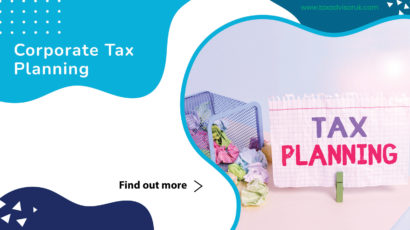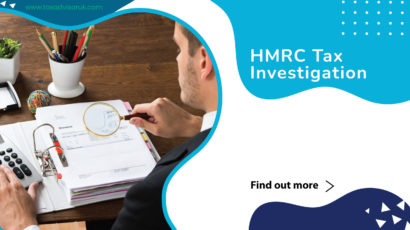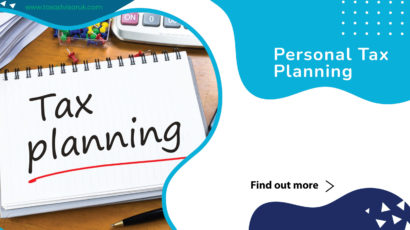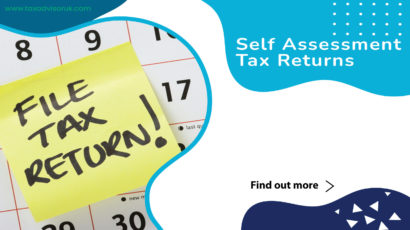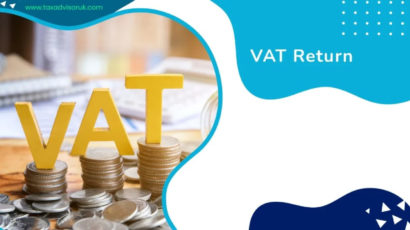If you are willing to switch your company vehicle to electric vehicle, it offers a number of tax benefits that will not only help you cut the cost but also help to safeguard the atmosphere.
The affordability of electric cars/ vans become more convenient due to the Government offering several tax advantages for low emission vehicles. Look at the tax benefits and you need to be aware of when shortlist an electric or low emission vehicle.
P11D/Class 1A National Insurance
The main component is percentage which is determined by Co2 emissions of the vehicle. From April 2020 electric-only cars were subject to a multiple of 0%, but this will increase in later tax years (see table below). Also, there are reductions for electric hybrids depending on their electric only range.
Percentage used in tax benefits of electric cars (Registered before 6th April 2020)
| Vehicle CO2 | 2020/21 | 2021/22 | 2022/23 |
| 0g/km | 0% | 1% | 2% |
| 1-50g/km (electric range >130 miles) | 2% | 2% | 2% |
| 1-50g/km (electric range 70-129 miles) | 5% | 5% | 5% |
| 1-50g/km (electric range 40-69 miles) | 8% | 8% | 8% |
| 1-50g/km (electric range 30-39 miles) | 12% | 12% | 12% |
| 1-50g/km (electric range <30 miles) | 14% | 14% | 14% |
Percentage used in tax benefits of electric cars (Registered after 6th April 2020)
| Vehicle CO2 | 2020/21 | 2021/22 | 2022/23 |
| 0g/km | 0% | 1% | 2% |
| 1-50g/km (electric range >130 miles) | 0% | 1% | 2% |
| 1-50g/km (electric range 70-129 miles) | 3% | 4% | 5% |
| 1-50g/km (electric range 40-69 miles) | 6% | 7% | 8% |
| 1-50g/km (electric range 30-39 miles) | 10% | 11% | 12% |
| 1-50g/km (electric range < 30 miles) | 12% | 13% | 14% |
Electric Vans
There is no taxable benefit at all if the van is only used for business journeys and ordinary commuting, regardless of the type of fuel. From April 2021, a zero-emission van will be taxed at 0% of the benefit charge, therefore no benefit in kind charge for an electric van regardless of use.The taxable benefit for private use of a zero-emission van will be reduced to nil but not until April 2021.In 2020-21 the electric van will be taxed at 80% of the benefit for a normal van, which is currently £3,490. So, the charge will be £2,792.
Electric bikes
If you are considering the tax position of electric bikes it should be pedal-assisted and cannot have a motor-powered top speed in excess of 15.5mph, should be reduced by 250 watts in power. Something directly above this would be categorized as a motorbike.
The point we must distinguish the two is that their tax status is distinct. If the conditions for complying with the scheme are fulfilled, an electric bicycle will still qualify for the Cycle to Work Scheme and can be delivered without a P11D benefit in kind arising.
A motorcycle, on the other hand, has no unique tax benefits and is taxed as a general use asset.
Capital allowances
A 100 percent First Year Allowance (FYA) is offered for new cars purchased before April1,2021, that are either “electrically powered” or have minimal CO2 emissions. A car that is solely powered by electricity is known as a ‘electrically-propelled’ vehicle (i.e. it is an All Electric Vehicle, or AEV). An automobile with low CO2 emissions (usually, a Plu) emits less than 50g/km.
The government indicated in its budget for 2020 that the FYA will be limited to new electronically driven and zero emission cars for expenditures made on or after April1, 2021.
Vehicles that do not meet the requirements for an FYA are assigned to a pool based on their emissions; the present emissions threshold is 110g/km, but it will be reduced to 50 g/km for expenditures made on or after April1, 2021. Spending on a car that does not exceed the emissions level is assigned to the main rate pool (18 percent writing down allowance (WDA) each year), whereas spending on a car that does exceed the emissions barrier is allocated to the special rate pool (18 percent WDA each year).
The rules are summarized in the tables below:
Expenditure incurred before 1st April 2021
| Type of car | Emissions | Capital Allowance |
| New | Electric | 100% FYA |
| CO2 up to 50g/km | 100% FYA | |
| CO2 over 50g/km and below 110g/km | 18% WDA | |
| CO2 more than 110g/km | 6% WDA | |
| Used | CO2 up to 110g/km | 18% WDA |
| CO2 more than 110g/km | 6% WDA |
Expenditure incurred on or after 1st April 2021 (based on Budget 2020 announcement)
| Type of car | Emissions | Capital Allowance |
| New | Electric | 100% FYA |
| Zero | 100% FYA | |
| CO2 between 1g/km and 50g/km | 18% WDA | |
| CO2 more than 50g/km | 6% WDA | |
| Used | CO2 up to 50g/km | 18% WDA |
| CO2 more than 50g/km | 6% WDA |
Electric charge points and charging costs
Up to 31st March 202, if a business installs brand new charging points for vehicles, then it can ask for a 100% FYA for those costs.
There is no tax benefit for the provision of that free electricity, even if the company allows staff to charge their own electric vehicles at the place of work, from 6th April 2020.
The charging facilities must be provided at or near the workplace for this tax exemption to apply, which is the same criteria that applies to tax-free workplace parking. This tax exemption does not apply if the employer pays for the employee’s personal vehicle to be charged away from the workplace, such as at a highway service station.
The charging facilities must be provided at or near the workplace for this tax exemption to apply, which is the same criteria that applies to tax-free workplace parking. This tax exemption does not apply if the employer pays for the employee’s personal vehicle to be charged away from the workplace, such as at a highway service station.
Because electricity is not classed as a fuel under the car or van benefit regulations, there is no taxable fuel benefit for the driver when the employer pays for the expense of charging a company-provided electric vehicle.
The employer may repay the driver of a company-owned electric car who pays for the electricity to power it, whether from their own home or at a roadside station. With no tax consequences, the employer can pay the car driver 4p per mile to repay them for the cost of power consumed for business trips. This rate only applies to company-owned electric cars.
Leased cars
Firstly, just be careful here as ‘lease’ can mean different things and, depending on what they mean, it can have a significant impact on the relief you will be able to get.
Operating lease is intended as when you want to rent it and hand it back in future. As it is also different from (PCP) Personal contract purchase.
This means that if your car emits less than 110g/km, you can earn tax relief on all of your payments. From April2021, the CO2 threshold will be reduced to 50g/km, allowing only automobiles with CO2 emissions below this level to get full rental payment reduction.
If the car’s emissions are above 110g/km (2021/22 above 50g/km), 15% is blocked, so only 85% can be claimed for income tax or corporation tax purposes.
Can you reclaim VAT on an electric vehicle?
For VAT purposes, an electric vehicle will still be considered an automobile under present law. As a result, if the car is used for personal purposes, VAT is not reclaimable at the time of purchase. The VAT can be reclaimed if the car is utilized 100 percent for business purposes, although proving this to HMRC can be challenging.
Leasing cars are subject to the same restrictions. Only half of the VAT on the leasing charge can be recovered if the car is used privately. Ongoing maintenance of leased cars is eligible for full VAT recovery, subject to the typical partial exemptions and business usage requirements.
Input VAT is claimable in case of vans and motorbikes as they are not cars. Adjustments may be made for partial exemptions and/or non-commercial use.
Privately owned electric cars
If an individual uses their own car for the business purpose, in that case the company has to pay normal tax-free mileage allowance to the individual of 45p per mile for the first 10,000 miles driven in the year, with additional business miles reimbursed at 25p per mile.
How TaxAdvisor UK can help
At TaxAdvisor UK , our experts will provide you 30 minutes free consultation and help you in managing all your tax and accounting work. Speak to our expert accountants, tax advisor on (0203) 5381276 or fill an online form today. We can have a consultation session over the phone, virtual or face to face meeting and will provide you no obligation fixed quote.

